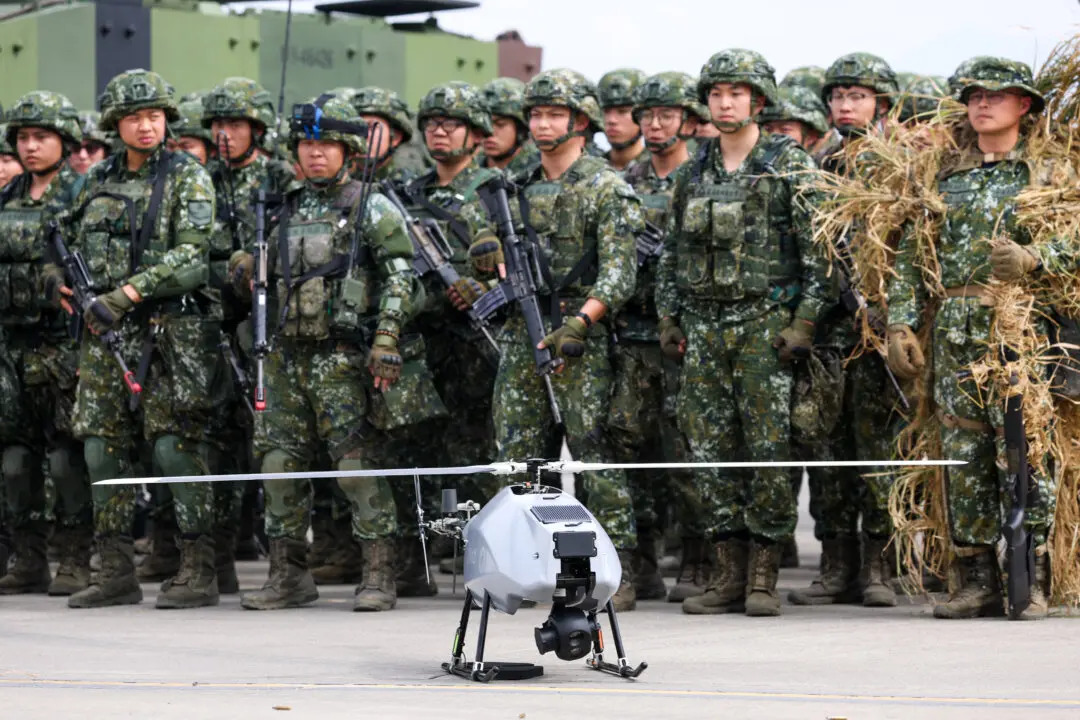The communist regime in China uses health care and mobile apps as weapons against political dissent, according to an expert on China and the Indo-Pacific.
Cleo Paskal, an associate fellow at Chatham House, said that lessons could be learned from China’s neighbors—particularly India and the Solomon Islands—in understanding the threats posed by the Chinese Communist Party (CCP), in a recent interview on Epoch TV’s “American Thought Leaders” program.






